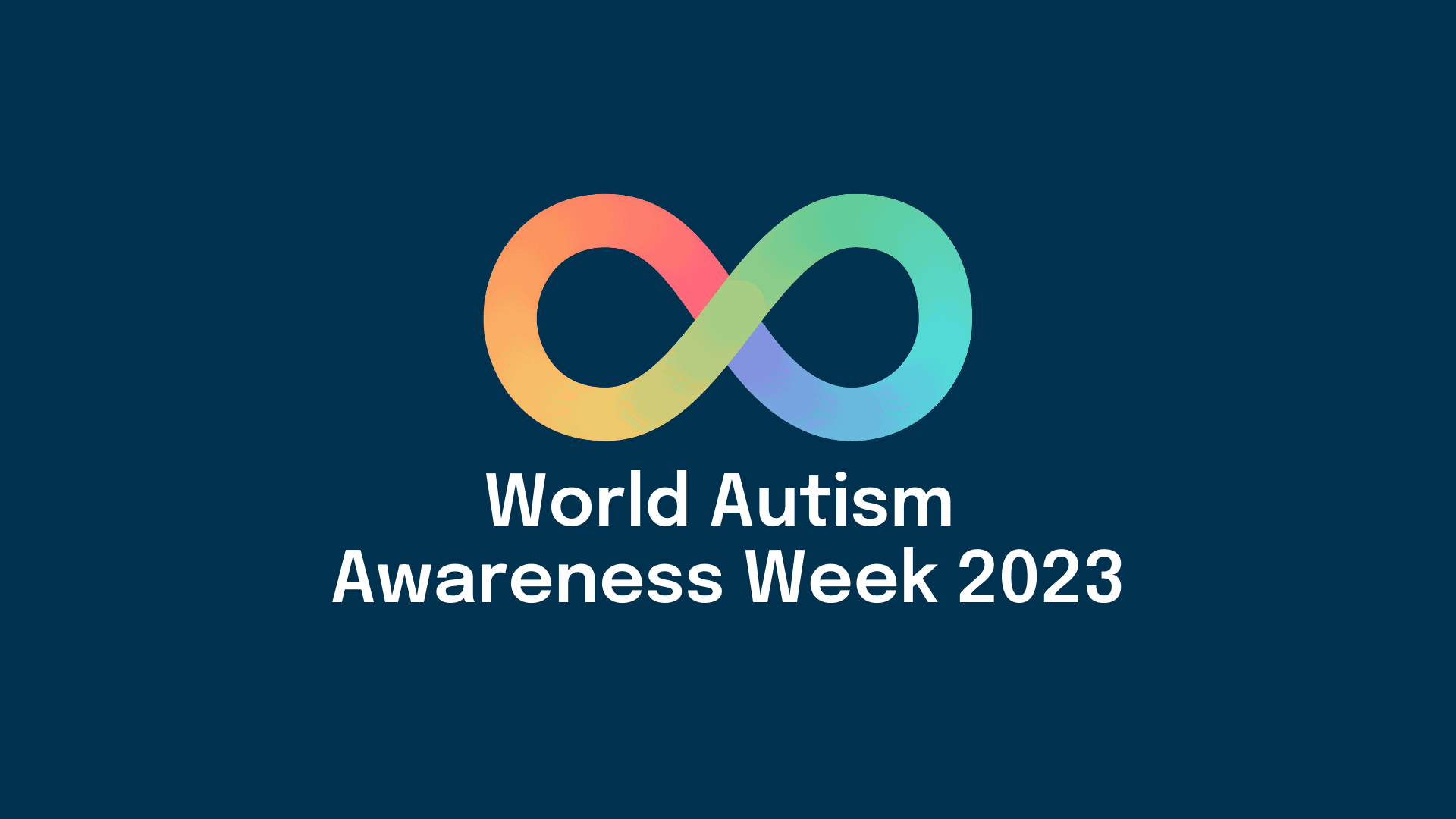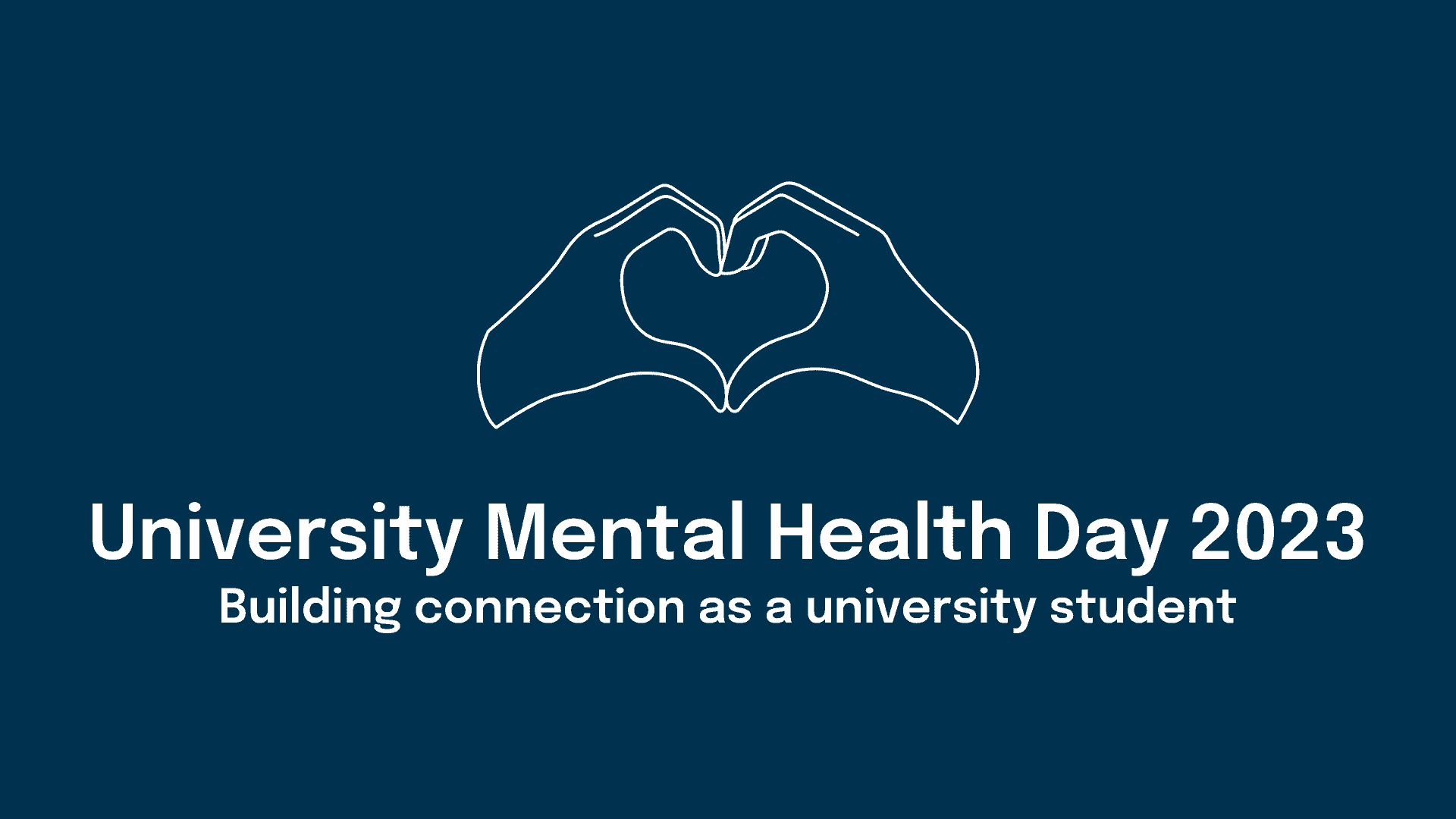What is the real cost of building Brazil through sport?
The 2016 Olympic and Paralympic Games were on the agenda as the Anita White Foundation’s (AWF) 2013 Seminar Series came to an end at the University of Chichester.
Bárbara Schausteck de Almeida, doctoral student at the Universidade Federal do Paraná, Brasil, Board member of the Latin American Association for the Sociology of Sport (ALESDE), and AWF Scholar, and Professor Jay Coakley, Professor Emeritus of Sociology at the University of Colorado in Colorado Springs and Honorary Fellow of the University of Chichester, gave a joint seminar entitled ‘Building Brazil through Sports: Is It Worth the Cost?’. The fourth and final seminar in the series saw Professor Coakley give a first look at his new research on the role of performance enhancing substances.
Bárbara and Jay’s presentation looked at how and why Brazil has secured the 2014 FIFA World Cup and the 2016 Olympic and Paralympic Games and what the legacy of the events will be.
Unlike London 2012, Rio has not used re-generation as a legacy focal point, and Bárbara and Jay highlighted the fact that the enormous stadiums being built for the events will may, after 2016, only be of benefit to relatively richer people. Jay stated: “The capital expenditures for this infrastructure are some of the largest expenditures Brazil has ever done, yet most of the people will not get to use them.”
Bárbara also outlined the equivalent cost of hundreds of schools, prisons, hospitals and transport infrastructure that could be built for the public cost of the events.
Previous seminars in the series saw Lombe Mwambwa (AWF Scholar; General Secretary of NOWSPAR, Zambia) discuss the challenges and opportunities for women and sport in Africa, and Dr Martin Polley talk about women in the 1908 Olympics.
For more information about the AWF Seminar Series, go to: http://blogs.chi.ac.uk/anitawhite/seminar-series/
Chair of the AWF, Dr Elizabeth Pike said: “The Anita White Foundation aims to bring together scholars and activists for women and sport from around the globe, to share knowledge and experiences, and enhance opportunities for women and girls in sport. We have been privileged to host four eminent scholars, representing four different countries, in our seminar series at the University. We have learned much from them, and will continue to work with them, to support women leaders, scholars, activists and young people who experience particular challenges in fulfilling their sporting aspirations”





